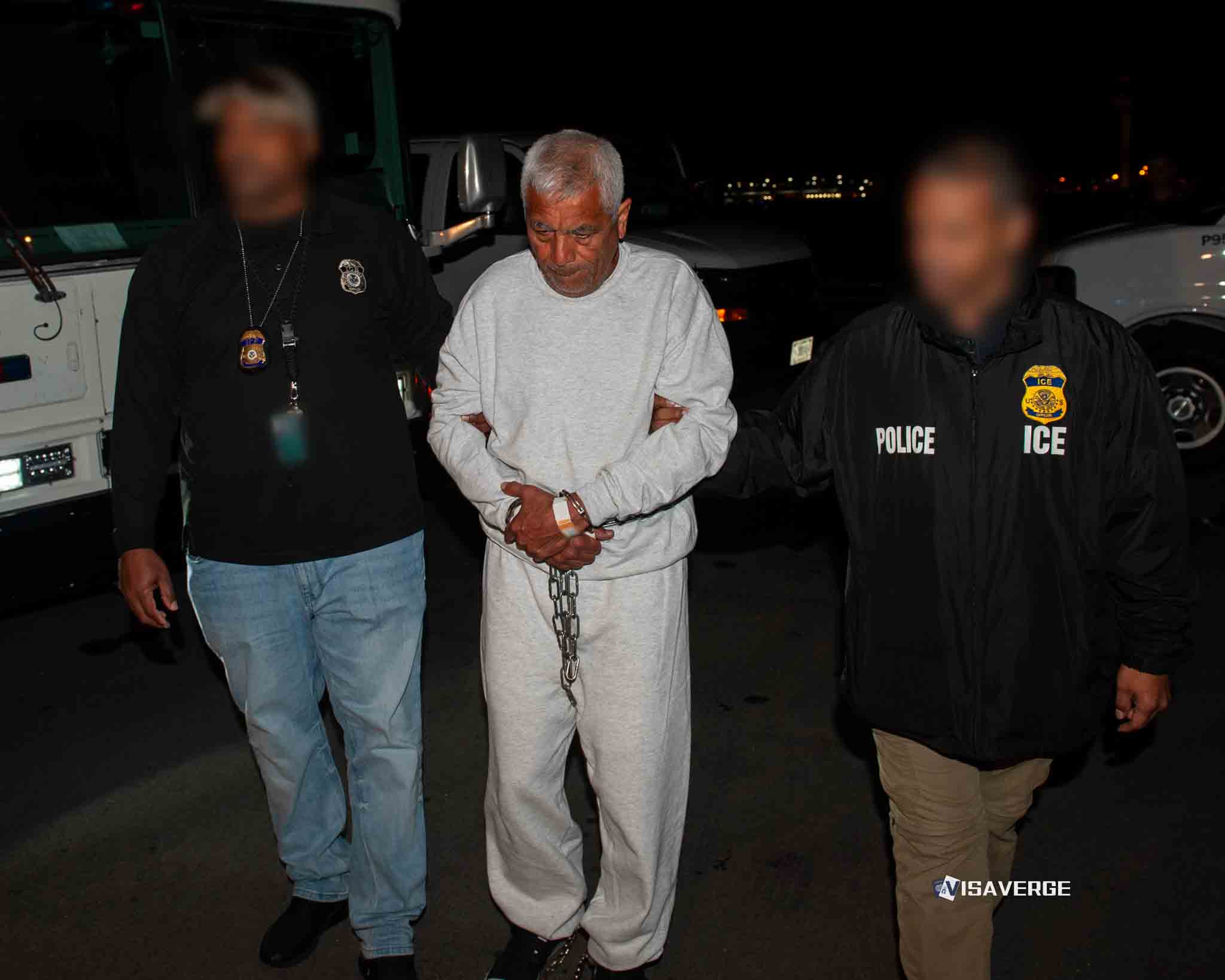Key Takeaways
• A child of a UK citizen by descent is not automatically eligible for British citizenship if born outside the UK.
• The one-generation abroad rule restricts descent-based citizenship transmission, irrespective of legislative reforms like the British Nationality Act 1981.
• Parents meeting residency conditions in the UK may secure registration for their child but must fulfill specific legal requirements.
Would a child of a person who inherited UK citizenship by descent qualify for UK citizenship? This question dives deep into the core principles of British nationality law, an area shaped by history, legislative reforms, and the dynamic nature of citizenship in a globalized world. To answer this question effectively, it is essential to unpack the concept of UK citizenship by descent, review historical and recent legislative changes, and analyze the impacts of these policies on current and future generations.
What Is Citizenship by Descent?

UK citizenship can be obtained through different pathways, with citizenship by descent being one of the primary methods. Essentially, this means a person inherits British citizenship from their parent or parents. However, this type of citizenship comes with specific restrictions that distinguish it from UK citizenship by birth or registration.
Citizenship by descent is primarily designed to allow children born outside the UK to acquire British nationality if their parent holds UK citizenship, provided that parent was not merely a citizen by descent themselves. This critical principle typically prohibits the transmission of British nationality to multiple generations born abroad, something enshrined in the country’s legal framework.
The principle originated from the British Nationality Act 1948, which created the “Citizen of the United Kingdom and Colonies” (CUKC) status. However, this 1948 legislation limited this pathway to a child’s father and excluded mothers from passing on their British nationality if their children were born outside the UK. The policies of the time, containing clear biases against equality and inclusivity, reflected the socio-political attitudes of that era.
Subsequent reforms, most notably the British Nationality Act 1981, sought to address some of these inequalities. The Act introduced changes that allowed mothers to transmit their British nationality to children born overseas on an equal footing with fathers. However, what remained untouched was the “one generation abroad” rule, a clear pillar of UK citizenship law. According to this rule, a parent who holds UK citizenship by descent cannot automatically pass that citizenship to their subsequent child if that child is also born outside the United Kingdom.
Modern Frameworks and Restrictive Limitations
The idea of limiting descent-based citizenship to a single generation stems from the UK’s effort to maintain a close and tangible link between its citizens and the country itself. The government’s consistent position has been to ensure that British nationality signifies a meaningful connection to the UK, geographically or otherwise. But this approach can disproportionally exclude individuals who have long-standing family ties to the country but were born abroad due to circumstances beyond their control.
For families, this poses significant challenges, especially as global mobility has grown markedly over the past decades. Modern families may live abroad for education, employment, or personal reasons, resulting in generational layers born outside the UK. For those already limited by the restrictive one-generation rule, accessing or retaining UK citizenship for their children becomes increasingly difficult or impossible.
Legislative Reforms: Expanding Opportunities for Nationality
Recent legislative changes have aimed at addressing broader concerns around British nationality fairness, inequalities, and ambiguities. Although these laws have had important effects for some groups, they have not altered the traditional restrictions tied to citizenship by descent.
1. British Nationality Act 1981: A Foundation for Modern Policies
The British Nationality Act 1981 remains the foundation of modern nationality law in the UK. A key aspect of this Act was its effort to build a more equitable approach to nationality, particularly for women, by permitting both parents to pass on their citizenship regardless of gender. However, its reinforcement of the single-generation rule for citizenship by descent ensured that multiple generations born abroad would remain affected by these limitations.
2. Section 4L: Expanded Rights for Legacy Claims
Section 4L of the British Nationality Act 1981, introduced under the Nationality and Borders Act 2022, allowed individuals with a pre-1988 UK-born grandmother the possibility of claiming citizenship where prior gender discrimination in lineage transmission prevented them from doing so. While this partial correction of historical biases was a welcome change, it did not extend to modifying any aspects of the one-generation restriction. These constraints continue to leave families with deep ancestral ties grappling with nationality issues.
3. Clarifying Citizenship Under the 2023 Acts
The British Nationality (Regularisation of Past Practice) Act 2023 brought clarity to the citizenship of individuals born in the UK to EU, EEA, or Swiss parents within a specific time period (1983-2000). By removing uncertainties stemming from inconsistent interpretations of nationality law, this Act addressed a much-needed area of reform. However, like prior legislative efforts, it offered no adjustments in the transmission of citizenship by descent across multiple abroad-born generations.
Realities of Children Born to Descent-Based Citizens
The immediate impact of these rules is that a child born outside the UK to a parent who inherited citizenship by descent is not automatically recognized as a British citizen. However, this does not entirely foreclose the possibility of acquiring citizenship. There are potential pathways available for individuals in this situation, but these rely on additional legal conditions or involve discretionary processes.
For example, if the parent holding UK citizenship by descent has lived in the UK for a sufficient period before the birth of their child abroad, there may be an opportunity for that child to register for UK citizenship. Such registration follows specified conditions and typically requires proof of residency periods and legal status within the country. Additionally, some families may seek legal advice on whether broader exceptions or historic claims enable a route to nationality for their children.
Comparing UK Citizenship Rules With Other Countries
When assessed in the global context, the UK’s approach to citizenship by descent exhibits relative rigidity. For instance, in the United States 🇺🇸, descent-based citizenship can extend across multiple generations born abroad as long as specific residency criteria are met by the transmitting parent. Germany 🇩🇪, on the other hand, aligns more with the UK’s one-generation policy but adds exceptions for certain historical and socio-political factors.
These differences underscore how countries view nationality through the lens of cultural, historical, and demographic imperatives. For the UK 🇬🇧, the retention of the one-generation abroad rule reflects a long-standing desire to maintain meaningful ties between citizens and the domestic fabric of the nation.
Broader Consequences and Questions About National Identity
Restrictive policies on citizenship by descent also invite questions about the broader aspects of national identity and inclusivity. Families with a rich heritage tied to the UK could find their children excluded simply due to birthplace, raising concerns about fairness and access. While reforms have addressed area-specific biases and ambiguities, calls for more inclusive policies for generations born abroad continue to grow.
There are concerns that reducing pathways to citizenship by descent narrows the UK’s ability to embrace its global diaspora, potentially stifling valuable cultural and economic exchanges. By limiting ancestral connections, the UK may risk alienating individuals who could otherwise contribute significantly to the country’s growth and development.
Conclusion
Currently, children of UK citizens who acquired citizenship by descent are not automatically eligible to claim British nationality. This restriction reflects deeply rooted principles in the British Nationality Act 1981, which prioritizes one-generation ties to the UK for descent-based pathways. Legislative reforms have addressed other aspects of nationality law, such as gender equality and ancestral claims, but the core rules surrounding descent remain unchanged.
Families affected by these restrictions are encouraged to seek legal guidance to explore other avenues such as residency-based conditions or registration opportunities. The ongoing discourse around national identity and inclusivity suggests that future revisions to nationality law may revisit these restrictions. However, for now, the rules remain defined by tradition and stringency, leaving many families to navigate complex bureaucratic hurdles in maintaining their connections to their British heritage.
For official guidance on UK citizenship eligibility and nationality law, visit the UK Home Office Citizenship Information.
As highlighted by VisaVerge.com, understanding the intricate details of British nationality law requires patience and accurate legal insight to ensure that pathways to claimed citizenship are pursued effectively and fairly.
Learn Today
Citizenship by Descent → UK citizenship inherited from a parent, mainly for children born outside the UK, with specific restrictions.
British Nationality Act 1981 → A key law shaping modern UK citizenship, addressing gender equality but retaining the one-generation rule for descent.
One-Generation Rule → A restriction preventing automatic transmission of UK citizenship to multiple generations born outside the country.
Registration for Citizenship → A legal process allowing non-automatic citizenship claims, requiring proof of residency or other specified conditions.
Nationality and Borders Act 2022 → Legislation addressing historical gender discrimination in citizenship claims but not altering the one-generation restriction.
This Article in a Nutshell
A child of a UK citizen by descent doesn’t automatically qualify for citizenship if born abroad. UK law enforces a “one generation abroad” rule, preserving strong national ties. However, pathways like registration exist, depending on circumstances. Families should seek expert advice to navigate this complex process and secure British nationality rights.
— By VisaVerge.com
Read more:
• Bill C-71 Delayed: Changes to Canadian Citizenship by Descent Postponed
• First-Generation Citizenship Ruling: Canada’s Court Decides Canadian Passport Benefits by Descent
• Obtaining Mexican Citizenship by Descent: Eligibility and Passport Benefits
• Columbia University Declines to Give DHS Protester Information for Deportation
• Another US Flight of Deported Immigrants to Arrive in Pakistan Next Week













